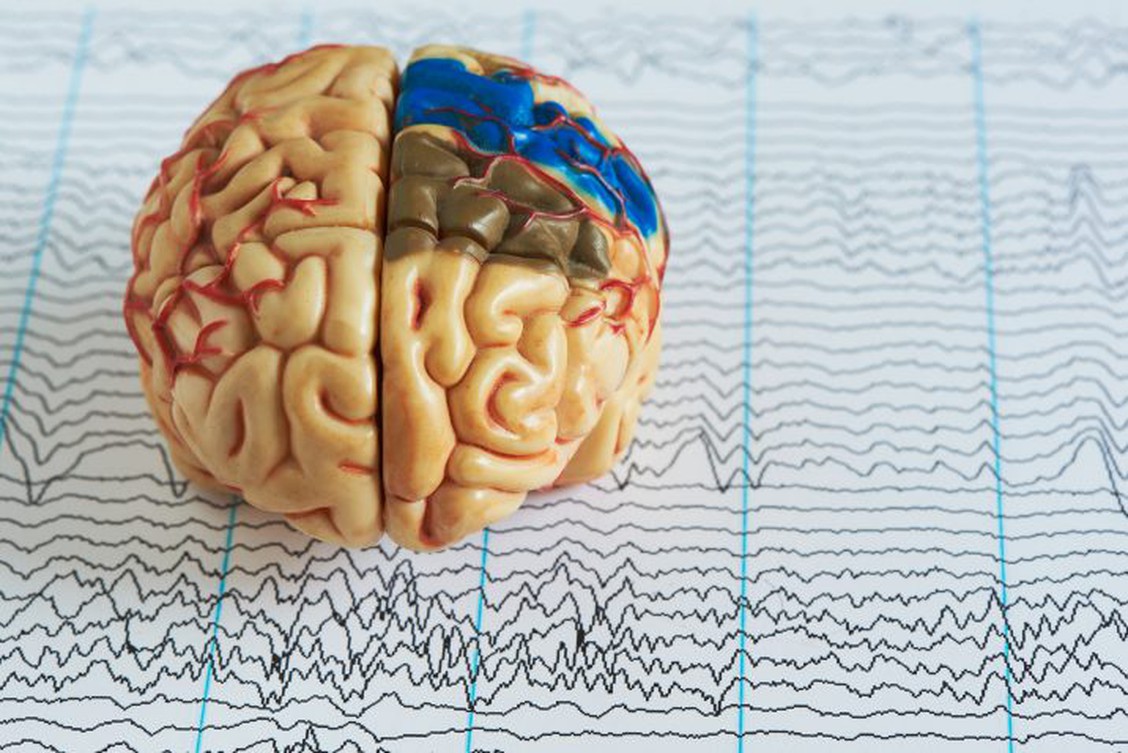You are here
Home 🌿 Medical Cannabis News 🌿 Cannabis use had no significant residual effects on neuropsychological functioning 🌿Cannabis use had no significant residual effects on neuropsychological functioning

European investigators looking to firm up whether or not there are residual effects of cannabis use on neurocognition say their findings suggest decision-making is not impaired when weed is used in moderation and when first use is after the age of 15.
Beyond that, researchers write in the study to be published this fall in Cognitive Development, “we find no evidence to support the presumption that cannabis consumption leads to a decline in neurocognitive ability.”
Investigators sought to get a fix on weed’s non-acute effects on neurocognition in adolescents. Specifically, they considered details on substance use and neurocognitive measures in 804 adolescents at age 14 and also at age 19.
Researchers did not detect any “significant neurocognitive differences before initiation of drug use,” the study notes. That said, after controlling for confounders, light cannabis use and late-onset of weed consumption “was associated with increased decision-making skills both cross-sectionally at follow-up, as well as longitudinally compared to non-using controls.”
Investigators say that the findings “highlight the importance of trajectories in cannabis use for neurocognition.”
A study in 2018 noted, “the purported neurocognitive effects of early cannabis onset may not be due to cannabis initiation alone, but also driven by limitations or late development of neurocognitive systems predictive of substance use.”
While a review published back in 2011 reported that “cannabis has a negative impact on cognition,” it did add “the current body of research literature does not provide evidence of significant, long-term effects due to cannabis use.”
Those findings seem to be in line with those of a review two years ago that suggests, whatever one’s age, regular, healthy cannabis users “display poorer neurocognitive functioning relative to non-users.”
Still, the authors emphasized, “more research (particularly large-scale longitudinal studies) is needed to identify critical periods or patterns of use that are more likely to result in negative outcomes.”
420 Intel is Your Source for Marijuana News
420 Intel Canada is your leading news source for the Canadian cannabis industry. Get the latest updates on Canadian cannabis stocks and developments on how Canada continues to be a major player in the worldwide recreational and medical cannabis industry.
420 Intel Canada is the Canadian Industry news outlet that will keep you updated on how these Canadian developments in recreational and medical marijuana will impact the country and the world. Our commitment is to bring you the most important cannabis news stories from across Canada every day of the week.
Marijuana industry news is a constant endeavor with new developments each day. For marijuana news across the True North, 420 Intel Canada promises to bring you quality, Canadian, cannabis industry news.
You can get 420 Intel news delivered directly to your inbox by signing up for our daily marijuana news, ensuring you’re always kept up to date on the ever-changing cannabis industry. To stay even better informed about marijuana legalization news follow us on Twitter, Facebook and LinkedIn.




